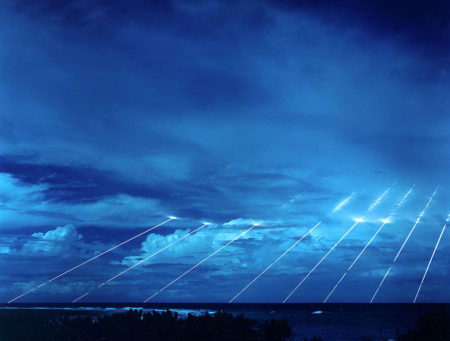
This article was originally published by the Institute for the Study of War (ISW) on 19 July 2016.
The U.S. must recognize the risk a NATO ally may become a safe haven for al Qaeda as Erdogan consolidates power.
The failed coup attempt by elements of the Turkish Armed Forces on July 15 will enable President Recep Tayyip Erdogan to establish himself as an authoritarian ruler in Turkey. His priorities in the next few months will be to solidify the loyalty of the Turkish military establishment and complete the constitutional reform necessary to replace Turkey’s parliamentary democracy with an executive presidency, his longstanding goal. A post-coup Erdogan is much less likely to submit to American pressure without major returns. Erdogan immediately demanded the extradition of political rival Fethullah Gulen from the U.S., accusing Gulen of plotting the coup and condemning the U.S. for harboring him. Erdogan will likely deprioritize the fight against ISIS, undermining the counter-ISIS mission in Syria, as he focuses on consolidating power. He may even revoke past concessions to the U.S., including permission to use Turkey’s Incirlik airbase for counter-ISIS operations.
Erdogan has more dangerous options now that his rule is secure, however. A partnership with al Qaeda could grant him a powerful proxy force to achieve national security objectives without relying on the Turkish Military. American policymakers must recognize the dangerous possibility Erdogan will knowingly transform Turkey into the next Pakistan in pursuit of his own interests.




